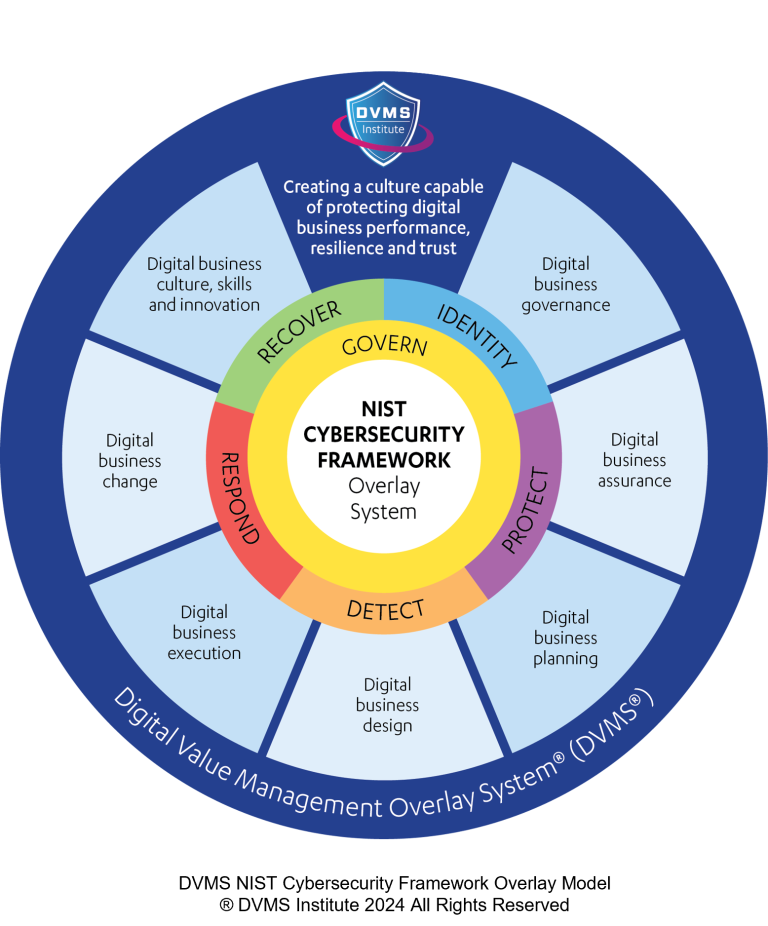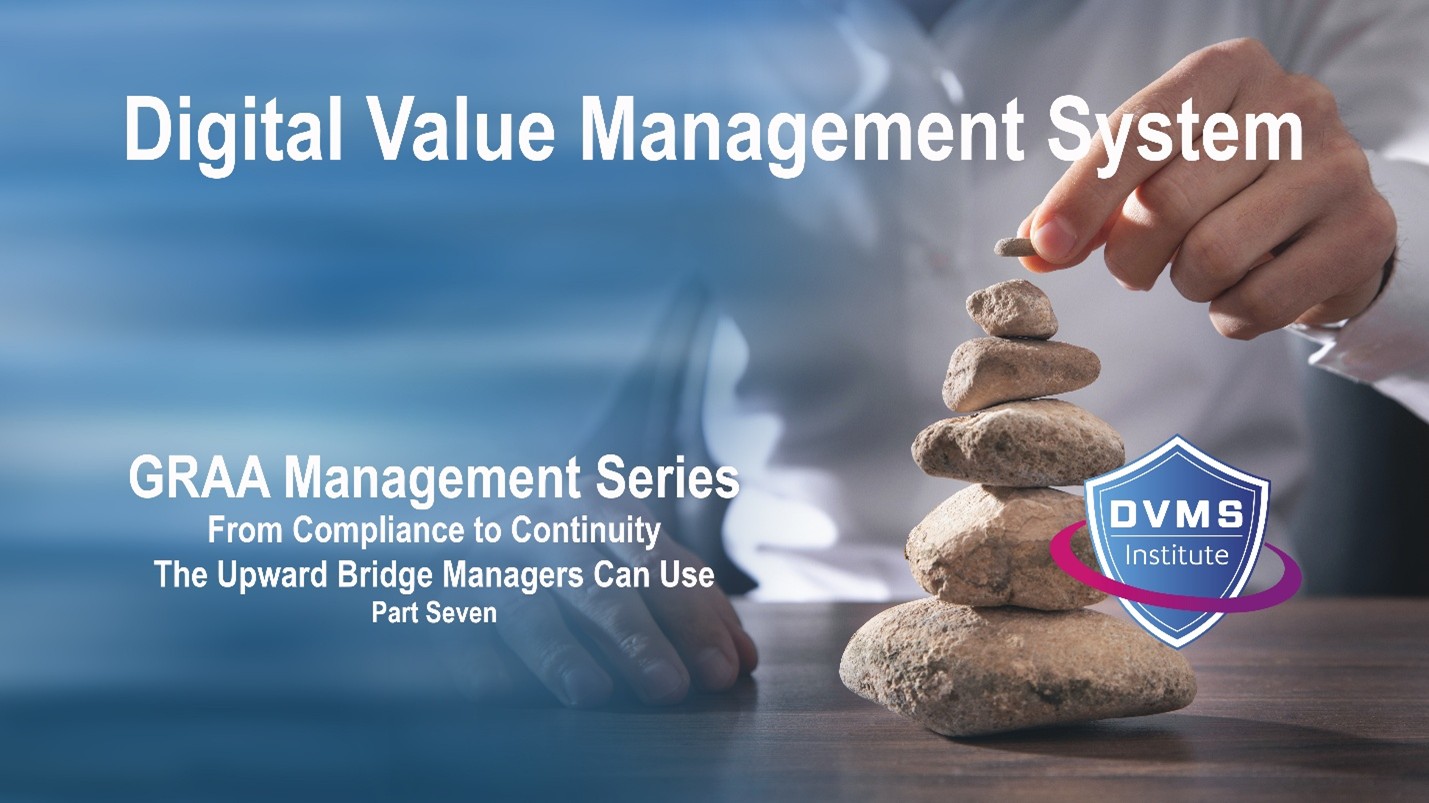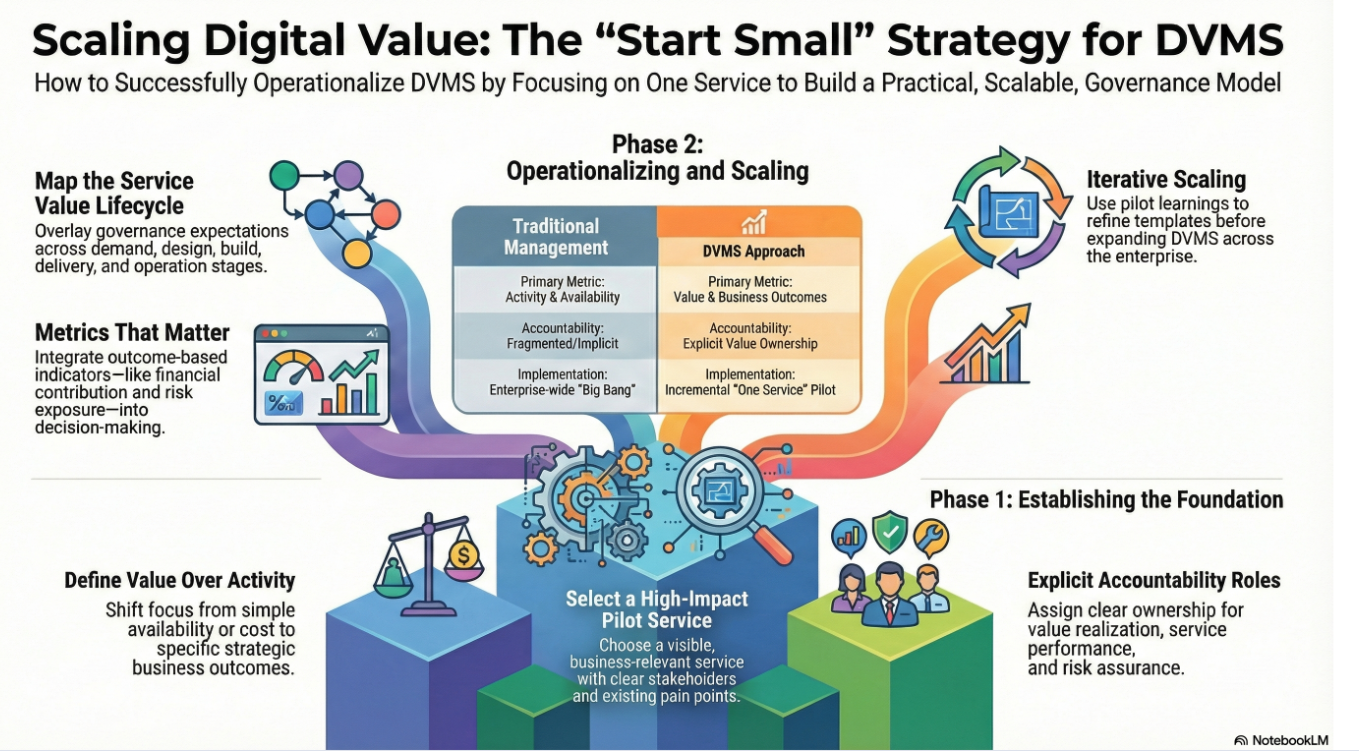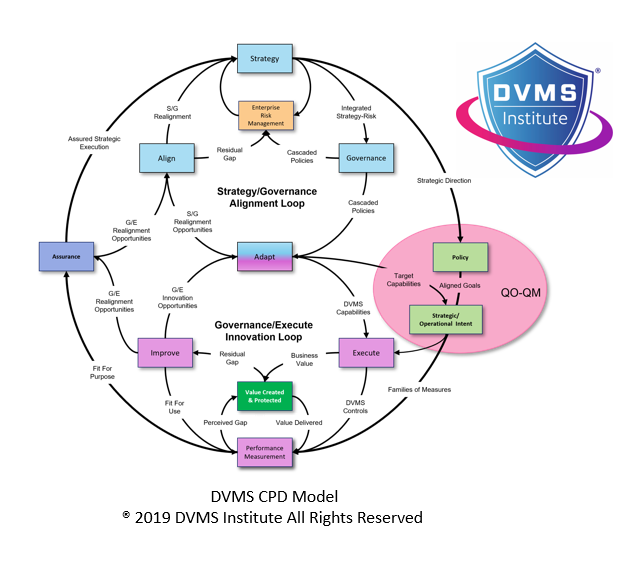The Future of Cybersecurity Professional Training – An Outcomes-Focused Approach
Rick Lemieux – Co-Founder and Chief Product Officer of the DVMS Institute
Traditional cybersecurity professional training models, often characterized by lecture-style delivery and standardized content, are becoming increasingly obsolete. In today’s rapidly evolving business landscape, organizations are shifting their focus towards a more outcome-oriented approach to training and development. This paradigm shift, driven by technological advancements, changing workforce demographics, and evolving business needs, is ushering in a new era of outcome-focused training.
At the heart of outcome-focused training lies a simple yet powerful principle: the emphasis on measurable results. Rather than focusing solely on the delivery of training content, this approach prioritizes the impact that training has on individual and organizational performance. By aligning training initiatives with specific business objectives, organizations can ensure that their investments in learning and development yield tangible benefits.
One key advantage of outcome-focused training is its ability to enhance employee engagement and motivation. Learners who understand how their training directly contributes to their career goals and the organization’s success are more likely to be actively involved in the learning process. This heightened engagement leads to improved knowledge retention, skill acquisition, and, ultimately, better performance.
Furthermore, outcome-focused training empowers learners to take ownership of their development. Organizations can foster a culture of continuous improvement by setting clear learning objectives and providing opportunities for self-directed learning. This approach boosts employee morale and equips individuals with the skills and knowledge they need to adapt to future challenges.
Organizations must adopt a data-driven approach to measuring and evaluating learning outcomes to effectively implement an outcome-focused training strategy. By tracking key performance indicators (KPIs) such as increased productivity, improved customer satisfaction, and reduced error rates, organizations can assess the return on investment of their training programs. This data-driven approach enables organizations to make informed decisions about future training initiatives, ensuring that resources are allocated efficiently and effectively.
In addition to traditional training methods, emerging technologies such as artificial intelligence, virtual reality, and augmented reality are revolutionizing how organizations deliver training. These technologies offer innovative and immersive learning experiences that can enhance knowledge retention and skill acquisition. For example, virtual reality simulations can provide hands-on practice in real-world scenarios, while augmented reality can overlay digital information onto physical objects to facilitate learning and problem-solving.
As cybersecurity risk and resilience work evolves, the need for skilled and adaptable employees will only grow. By embracing an outcome-focused approach to training, organizations can equip their workforce with the tools and knowledge they need to create, protect, and deliver organizational digital value, resilience, and trust.
By prioritizing measurable results, fostering employee engagement, and leveraging emerging technologies, organizations can unlock the full potential of their workforce and drive sustainable growth in the ever-changing digital landscape.
About the Author

Rick Lemieux
Co-Founder and Chief Product Officer of the DVMS Institute
DVMS Institute is a renowned provider of accredited (APMG International), Assured (NCSC-GCHQ-UK), and Recognized (DHS-CISA-NICCS) NIST Cybersecurity Framework, certification training programs designed to teach organizations of any size, scale, or complexity how to manage their organizational cyber risk and resiliency.
For cyber risk management, the DVMS FastTrack model provides a phased approach to adapting the NIST Cybersecurity Framework functions and its controls across an enterprise and its supply chain to identify and mitigate organizational cyber risks.
For cyber resilience management, the DVMS CPD overlay model provides a holistic approach to connecting digital ecosystem outcomes to organizational culture. This unique approach puts leadership and culture at the center of delivering continuous digital business quality, reliability, and trust.
Rick has 40+ years of passion and experience creating solutions to give organizations a competitive edge in their service markets. In 2015, Rick was identified as one of the top five IT Entrepreneurs in the State of Rhode Island by the TECH 10 awards for developing innovative training and mentoring solutions for boards, senior executives, and operational stakeholders.
® DVMS Institute 2024 All Rights Reserved




